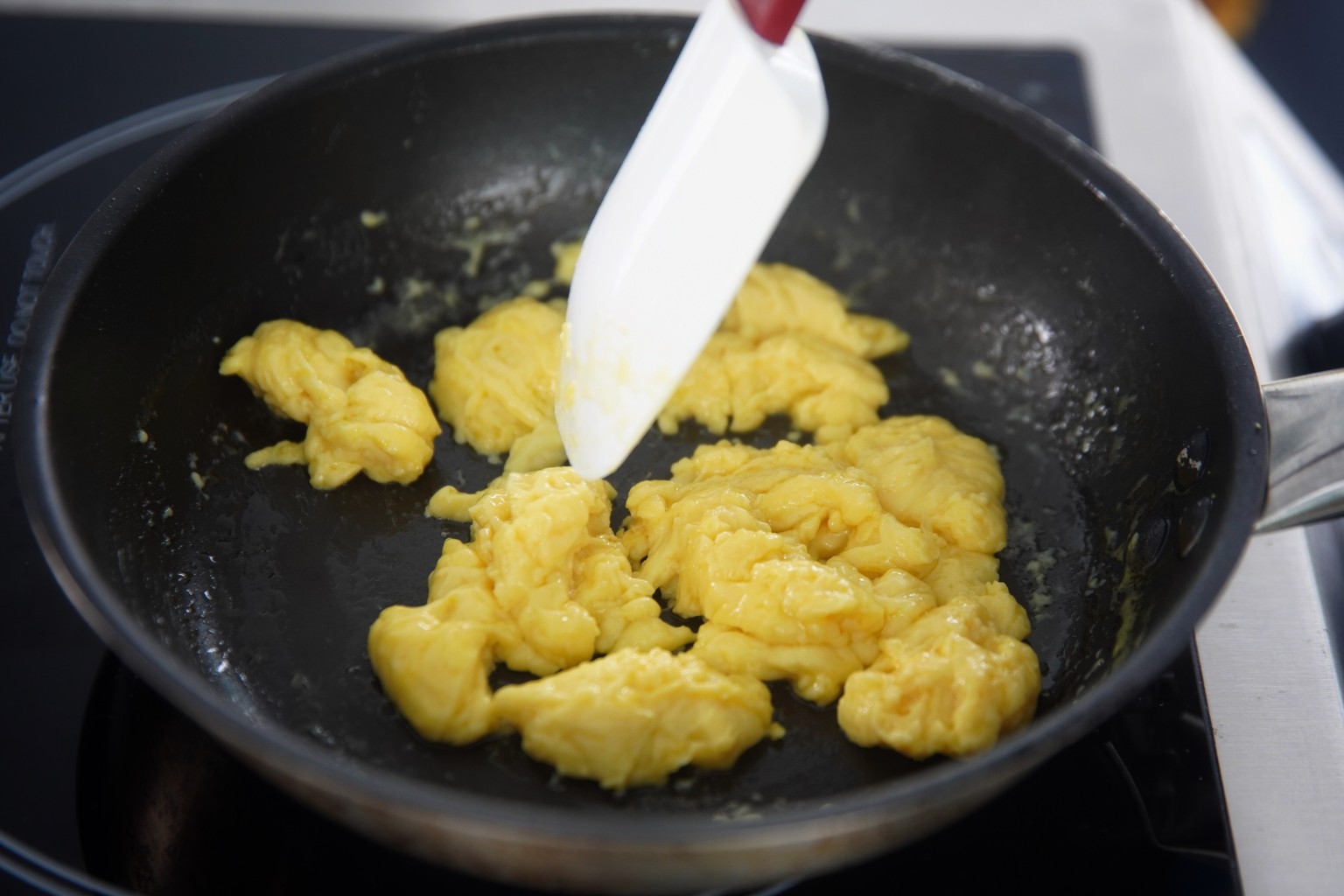March 18, 2022
SINGAPORE – The humble mung bean – used in the old school dessert tau suan – will be the key ingredient in the largest plant-protein factory to come to Singapore within the next two years.
Eat Just, the Californian start-up responsible for the alternative protein factory, said that the bean can be transformed into a protein isolate, which is a main ingredient of alternative protein products manufactured here.
The products include bottled yolk that can be scrambled and cell-grown meat products currently being manufactured in Singapore.
To be built on a 2.7ha plot in Pioneer, the factory will contribute thousands of tonnes of plant-based protein every year, strengthening Singapore’s food security.
The chief executive of Eat Just, Mr Josh Tetrick, said that the decision to set up the factory in Singapore came because of the Republic’s reputation as a leading nation in alternative protein.
Mr Tetrick said: “Whether because of food security, climate change, or personal health, innovative approaches to making animal protein to feed our families are necessary in the decades ahead. And Singapore has firmly established itself as the leader in attracting and accelerating these new approaches.”The new factory will be the result of a total of US$120 million (S$162 million) investment by Eat Just and Proterra Investment Partners Asia, an investment firm focused on the food and agri-business sectors.
At the ground-breaking ceremony on Thursday (March 17), members of the media, government officials and investors were invited to try out the Eat Just’s Just Egg products, made primarily with mung bean protein and turmeric.
The Straits Times tasted the egg fold made with mung protein and found it almost indistinguishable from real egg and similar in consistency to tamago in Japanese sushi.

A chef demonstrating how to prepare bottled liquid plant-based egg during the ground-breaking ceremony on March 17, 2022. ST PHOTOS: JASON QUAH
Minister of State for Trade and Industry Low Yen Ling, who was at the event as the guest of honour, said that the eggs tasted like the eggs she eats on a daily basis.
She also added that this factory would contribute to Singapore’s goal of developing supply chain resilience of essential goods.
Ms Low said: “This will be a big boost to our local production thrust, which will complement our stockpiling and also our diversified import strategy.”
Singapore has set the target of producing 30 per cent of its nutritional needs locally by 2030 and has invested substantially into multiple agri-food fronts to achieve it.

Eat Just Asia CEO Saurabh Bajaj (left) and Minister of State Low Yen Ling at the ceremony in Pioneer View, on March 17, 2022. ST PHOTO: JASON QUAH
In 2021, the Agri-Food Cluster Transformation Fund worth $60 million was introduced to boost local agricultural production through technology.
Singapore’s investment company Temasek also introduced the Asia Sustainable Foods Platform, a firm to drive the adoption of sustainable food and build an ecosystem for food tech across Asia through investment, last year.
Singapore is also at the forefront of alternative protein legalisation, being the first country in the world to authorise the manufacture and sale of cell-grown protein products.

Preparation of bottled liquid plant-based egg. ST PHOTO: JASON QUAH
Such efforts have allowed Singapore to garner $11.8 billion of investment last year, with projects expected to generate $16.8 billion in value-added a year when fully implemented.
The high-tech agriculture sector in Singapore is also expected to create about 4,700 jobs by 2030.
Such jobs have already been created for Eat Just’s yet-to-be-built factory, with locally hired engineers being involved in its construction, said Mr Saurabh Bajaj, the chief executive of Eat Just, Asia.

